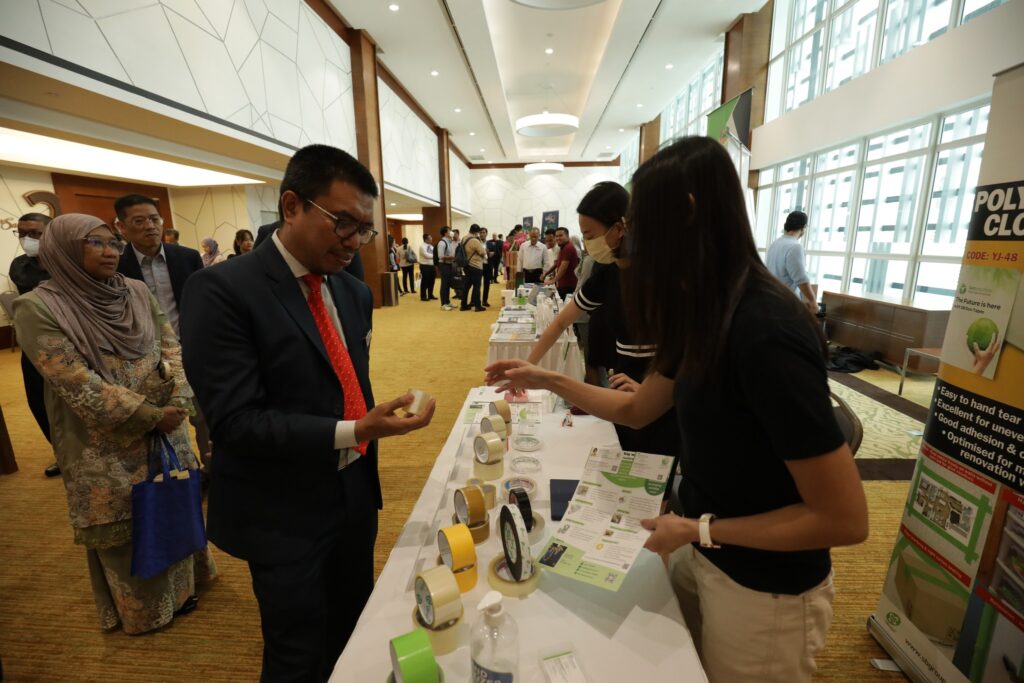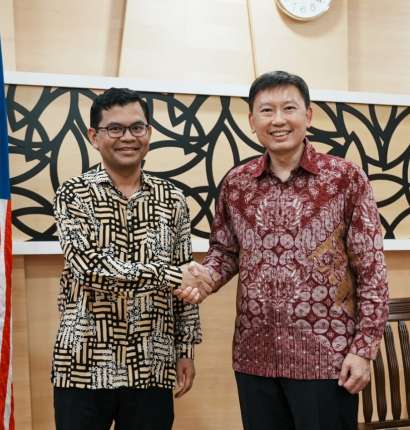Editor’s Choice
Recently, RHB Investment Bank released a report exploring the key enablers and challenges facing the consumer industry on its path to achieving net zero. The report analyzes progress and policies across key regional markets, including Malaysia, Singapore, Thailand, and Indonesia, and highlights companies with outstanding commitments to sustainability.
Report
Here is the essence extracted from the report.
- Thailand
Thailand aims to achieve net-zero emissions by 2065. Thailand consumer companies under our coverage had aggregated direct GHG emission, accounting for 1.5% of the country’s total GHG emission in 2022. The operators have raised environmental issues related to utilities consumption, inventory management, raw material sourcing, packaging, logistics, etc. As such, they are committed to supporting operations based on corporate projects that focus on improving quality and care for the environment.
- Malaysia
Malaysia aims for net-zero emissions by 2050, with the consumer sector playing a key role. Malaysian consumer companies are working on enhancing energy efficiency, utilising renewable energy sources and waste, and opting for biodegradable materials. Government programmes, including the National Energy Transition Roadmap (NETR), Green Investment Tax Allowance (GITA), and Green Income Tax Exemption (GITE), provide support for these efforts. However, the sector encounters challenges such as regulatory implementation issues, financial constraints, and supply chain complexity when striving to meet sustainability goals.
- Singapore
Singapore aims for net-zero emissions by 2050 as outlined in The Singapore Green Plan 2030 which aims to tackle climate change with five pillars, including strengthening food security for sustainable living. Agriculture and food production remain small in Singapore, where most of the food supply is imported. As reducing reliance on food imports would safeguard Singapore’s food security, the country is incentivising increase in local food production, diversification of its import sources, and growth and cultivation of food
overseas. Immediate beneficiaries would be local urban farms, while listed F&B players would be limited beneficiaries since most will practice more sustainable resources management.
- Indonesia
Indonesia aims to achieve net-zero emissions by 2060, with its Government conducting a number of roadmaps along with multiple initiatives. Consumer companies in Indonesia contribute to emissions through various operations and supply chain segments, ranging from waste management policies to efforts in preserving biodiversity. Nevertheless, challenges remain abound, ie policy implementation, financial resources, affordability of green products, and consumer awareness.
Consumer & Sustainability

Image: MGTC
Malaysian Millennials and Gen-Zers are more socially conscious about their spending and would prioritise sustainable products if they can afford it.
Source:TheStar
Risks and challenges
Editor’s Choice
– Uncertainty of ROI from technologies.
– Deforestation and land use.
– Reliance on fossil fuels.
– Infrastructure development pose challenges for sustainable development.
– Inconsistent or inadequate policy frameworks and governance.
– Mobilising financial resources for climate mitigation is challenging.
– Affordability of green products and consumers’ willingness to pay.
– Lack of consumer awareness about sustainable practices.
– ESG data measurement is complex.
– Natural disasters and climate risks affecting product availability and pricing.
– Regulatory hurdles such as Carbon Border Adjustment Mechanism (CBAM) and other regulations.
Efforts
The report also highlights companies making significant strides in advancing sustainability within their operations and supply chains, including AEON Co M, Berli Jucker, CP ALL, DFI Retail Group, Heineken Malaysia, Mitra Adiperkasa, Nestlé (M), Sheng Siong, and Unilever Indonesia.
Read More
““Sustainability isn’t just a buzzword; it’s a necessity.”
sdg
Editor’s Choice
Key Efforts
- AEON Malaysia
– Installed solar PV systems at malls, contributing to Malaysia’s net zero target, and implemented waste management initiatives, ie converting organic waste into compost.
– Made progress towards carbon neutrality by 2040, with solar PV installations at multiple malls and a 51% reduction in emission intensity compared to the 2019 baseline. - Nestle Malaysia
– Achieved a 25% carbon footprint reduction in 2023 compared to the 2018 baseline, driven by 100% renewable electricity and biomass boiler projects.
– Implemented energy-saving initiatives resulting in a 3.8% reduction in energy consumption in 2023, with all facilities powered by renewable electricity through the Green Electricity Tariff Programme. - Heineken Malaysia
– Achieved a 49% reduction in carbon emissions since 2018 by transitioning to 100% renewable electricity and upgrading cooling and CO2 plants.
– Zero Scope 2 emissions due to the Green Electricity Tariff (GET) programme and significant energy saving measures, aligning with Malaysia’s net zero GHG emissions goal by 2050.
Read More
References
RHB Regional Thematic Research: Net Zero In a Consumer World
Last updated: 24 Aug 2024
The views expressed are those of the author(s) or contributor(s) and do not necessarily reflect the views of Sdgmalaysia.com.

